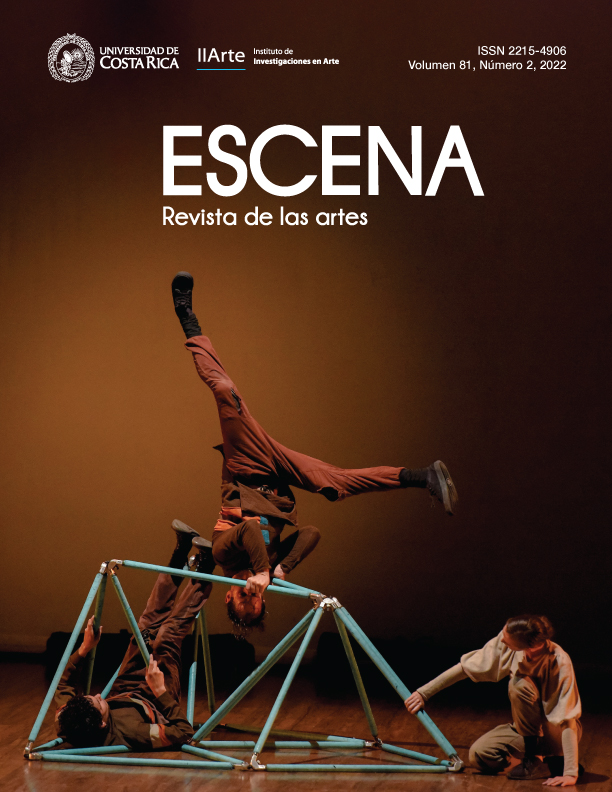Abstract
In this article, I present an interpretive proposal of the first season of the Belgian TV series La Trêve (2016), that suggests that said fiction portrays the issue of cultural perception of alterity in its different versions (racial, ethnic, class, etc.) and the possible violence attached to it. Drawing from this hypothesis, I propose to understand La Trêve’s denouement in terms of a narrative stand with political reaches that instead of answering the classic police question by the way of individual, and thus psychologizing, crime authorship terms, highlights the collective responsibility in the protection and loss of every life, as well as the current political need for work so we can mourn the losses, even of those who are considered different.
References
Butler, J. (2009). Dar cuenta de sí mismo. Violencia ética y responsabilidad. Buenos Aires: Amorrortu.
Butler, J. (2010). Marcos de guerra. Las vidas lloradas. Barcelona: Paidós.
Cappello, G. (2011). De paseo por el crimen Género y trayecto del policial en la pantalla chica. Contratexto,19, 147-161.
Cortés, M. & Retana, C. (2021). Locos por las series. San José: Editorial de la Universidad de Costa Rica.
Freud, S. (1991). Nuevas puntualizaciones sobre la psiconeurosis de defensa. En S. Freud, Obras completas (vol. 3), (pp. 157-184). Buenos Aires: Amorrortu.
Fuggle, S. (2010). Cortocircuitando el juego del poder. The Wire como crítica de las insti-tuciones. En D. Simons, (ed.) The Wire. 10 dosis de la mejor serie de la televisión. (pp. 143-161). Madrid: Errata Naturae.
Goffman, E. (2010). Estigma. La identidad deteriorada. Buenos Aires: Amorrortu.
Jáuregui, C. (2000). Saturno caníbal: fronteras, reflejos y paradojas en la narrativa sobre el antropófago. Revista de Crítica literaria Latinoamericana, (51), 9-39.
Le Breton, D. (2011). La sociología del cuerpo. Buenos Aires: Nueva Visión.
Setton, R. (2011). Pensar la literatura policial: Siegfried Kracauer, Walter Benjamin, Ernst Bloch, el género y la disolución de los vínculos comunitarios. Constelaciones: Revista de Teoría Crítica, (3), 193-207.

This work is licensed under a Creative Commons Attribution-NonCommercial-NoDerivatives 4.0 International License.
Copyright (c) 2022 Camilo Retana


